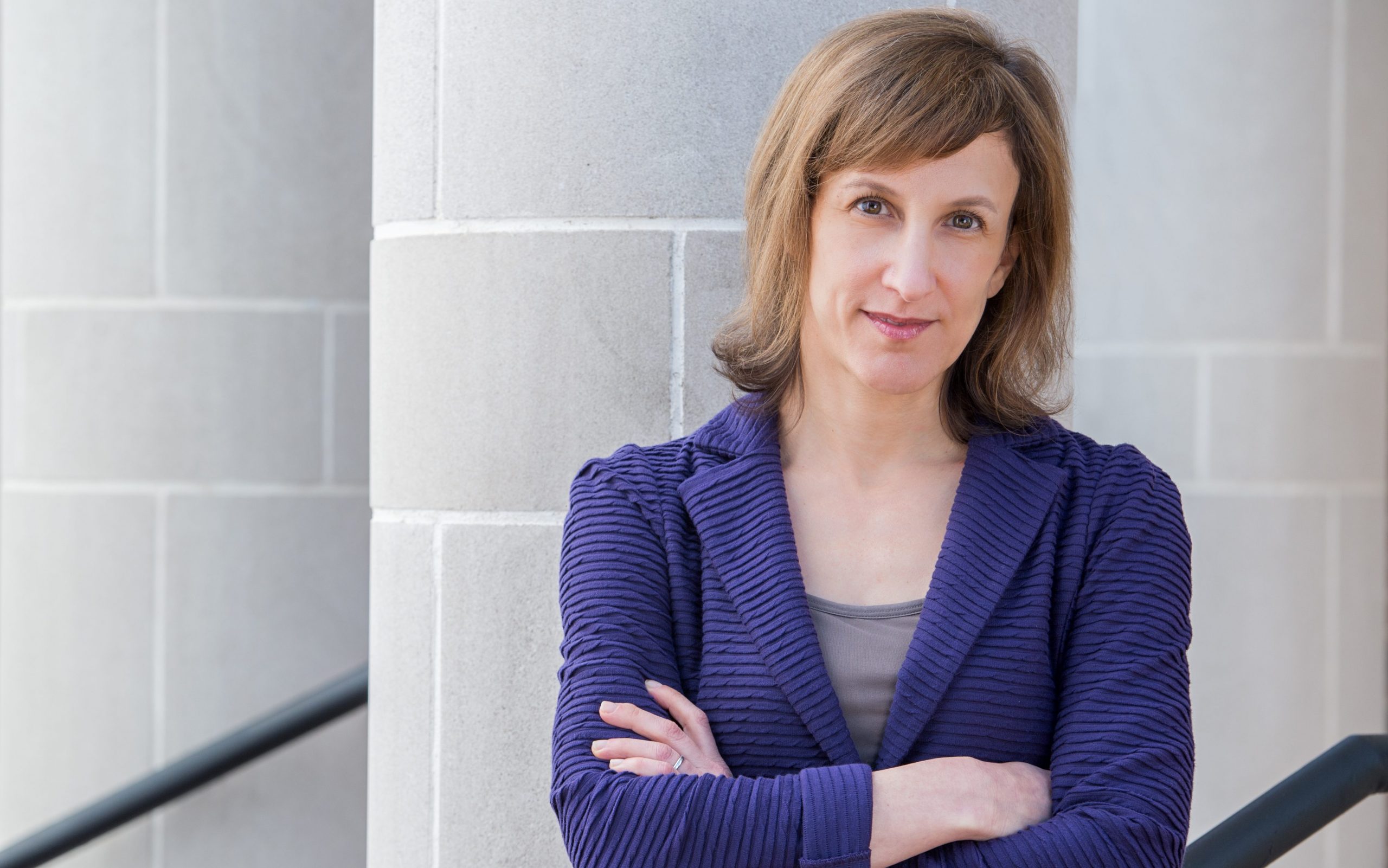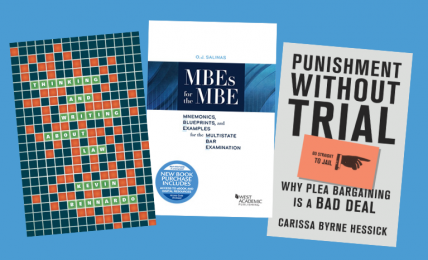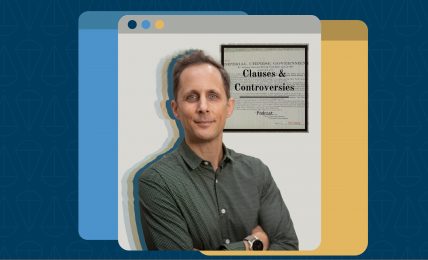
In April 2021, Melissa Jacoby received an important letter from the Supreme Court of the United States.
In recognition of her leadership in bankruptcy law, Chief Justice John Roberts was appointing Jacoby to serve on a Federal Judicial Center advisory committee for the education of bankruptcy judges. Jacoby, who is the Graham Kenan Professor of Law at UNC, is the only academic on the committee, otherwise comprised of judges. The committee identifies objectives for what judges should continue to learn about – substantively, methodologically, and beyond – and how to best reach those objectives, including what expertise from the academy or elsewhere should be featured at educational programs.
The committee’s educational workshops are a forum to focus on new developments in the law and how the judiciary responds to new realities while retaining its core values, says Jacoby. They also debate common judging questions, consider individual stances on complicated judging concerns, and collectively explore how the judiciary responds to new realities while retaining its core values.
“The sessions I have been helping with so far relate to judicial ethics and mediation, economists’ predictions of business failure and its impact on the courts in the coming years, parsing recent Supreme Court guidance on the contempt power, and new frontiers of small business and consumer financing,” says Jacoby.
The Federal Judicial Center is the education and research agency for the federal courts. It was created by Congress in 1967 to “further the development and adoption of improved judicial administration in the courts,” through research and education. The center is headquartered in Washington, D.C.
As the sole law professor on the committee, Jacoby’s academic experience is crucial.
“I’m able to serve as a bridge between the topics the judges would like to explore and academics doing excellent work related to those topics, diversifying the voices and experiences of those who have the privilege of participating in judicial education,” Jacoby says.
Jacoby is also able to bring her experience on the committee back to the classroom.
“Through this service project, I learn what judges see as big issues and how they are arising in the courts today,” Jacoby says. “For example, judges see new types of financing arrangements for small businesses that are of interest to my students as we try to apply existing law to new paradigms. Meeting more judges also helps alert me to judicial clerkship opportunities for the students.”
Jacoby will serve on the committee for a three-year term.



